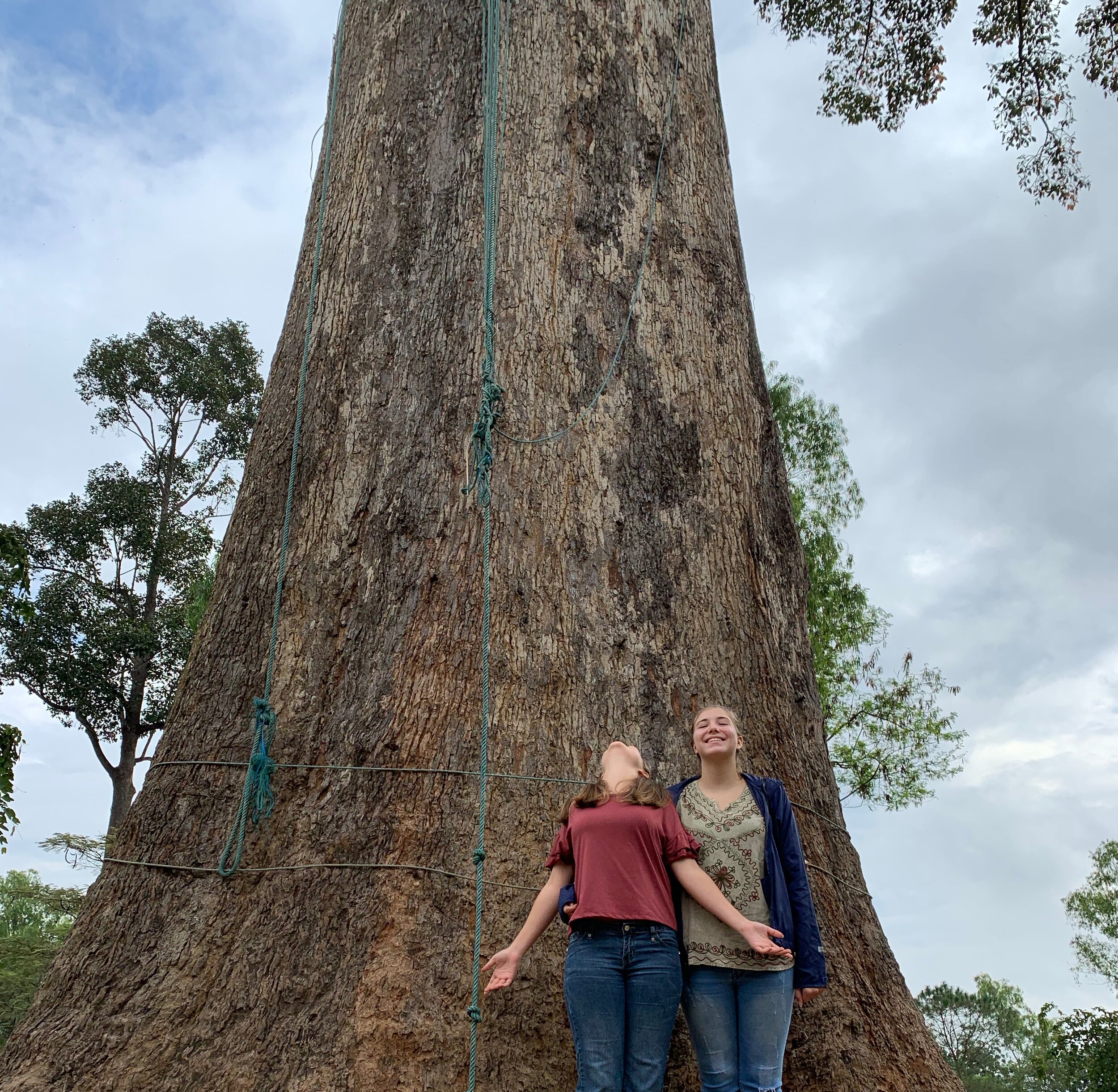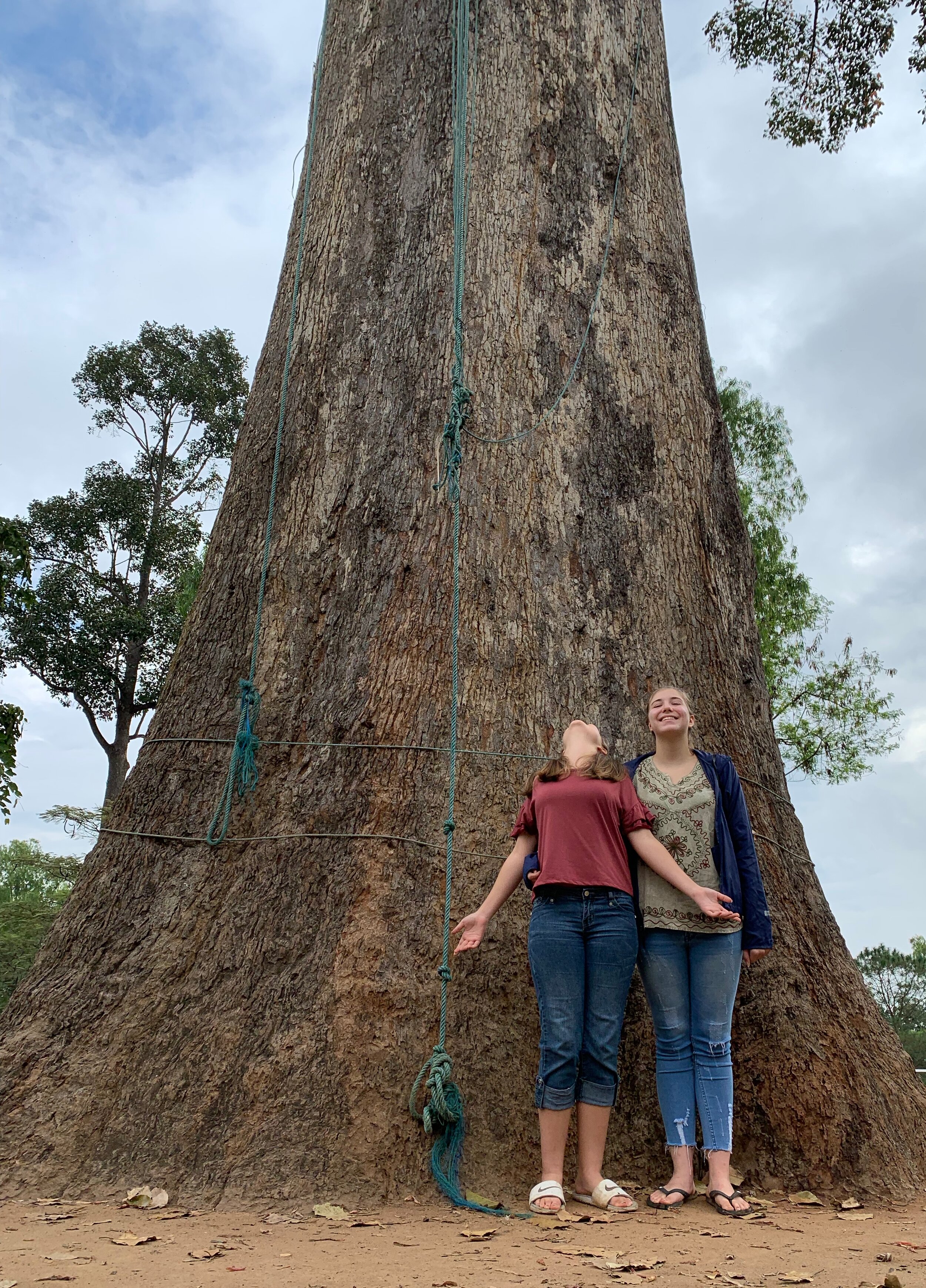Have you every experience a moment when life took you down out of nowhere? “For there is hope for a tree, if it be cut down, that it will sprout again, and that its shoots will not cease (Job 14:7).
Being “stumped” in the scriptures symbolizes a severe moment in history. Stumping a tree or plant is the deepest level of pruning there is and refers to judgment or testing. When there is significant pruning, many people are impacted.
In Job’s situation, heavenly decisions appear regarding his fortunes and season. Job was extremely wealthy which in the OT was a sign of God’s favor. Prosperity in the old covenant is always a sign pointing to “all things are ours” under the new covenant. This new covenant culminates in the Heavenly City, the New Jerusalem where natural and supernatural wealth are in everyday use.
The reach of Job’s wealth included sons and daughters, their families, and scores of household and agrarian workers. His wealth impacted the economics of the region including many of the poor. There were thousands of people affected by this man’s rise and fall.
The other two instances of tree stumps are declarations from Isaiah regarding Judah being judged and also Nebuchadnezzar’s dream about his own pending judgement— decree which is carried out by angelic watchers.
This ancient tree was planted by King Alaunphaya in Shan State, Myanmar nearly 1,000 years ago. It is about 220 ft hight and 40 ft around at the base.
David’s house (Judah and more broadly Israel) emerged as a strong political and therefore economic power. It may have reached 60,000 square miles (96K sq. kilometers) at its peak under Solomon.[1]
Nebuchadnezzar’s kingdom had a far reaching domination of southern Mesopotamia controlling close to 200,000 square miles (322K sq. kilometers). Nebuchadnezzar was proud and forgot the poor so ultimately he was stumped (judged) but it is a far better thing to be judged in hard way than enter full destruction like his son later experienced.
All three situations regarding stumps in the Bible typify a resurrection. Something is pruned to the ground, yet somehow, there is life that surfaces again. We are thinking here in broad contexts: judgements of high level leaders where sin is bearing the fruit of death but the hope of life remains. Job 14:19 idiomatically expresses, “upon smelling the freshness of water”[2] the stump sprouts new growth. Just the fragrance of life is enough to bring life into dead things. Nothing is truly dead unless pronounced dead by God. Even in death, there is strong hope of resurrection.
Certain kinds of trees used for firewood in SE Asia can be pruned near the ground and a plethora of harvestable limbs will sprout. East of the Jordan trees were cut close to the soil to renew them from death and to bring forth new shoots the coming year.[3] With a grape vine, if there has been no pruning during its life, the best thing is to cut it off near the ground.[4]
In the case of these judgements, Job appears more of a target in heavenly “politics” than the Davidic kingdom or Nebuchadnezzar’s throne. Still, it is evident that all three instances are connected to heavenly mandates. The corrections for the Davidic kingdom may have been the most severe, moving an entire people into exile, but David carried a covenant in his line regarding Messiah so the cost of birthing this spiritual promise through his generation was higher and prone to demonic resistance.
“And though a tenth remain in it, it will be burned again” (Is 6:13a). The tenth—that remaining stump which is set apart to God—is burned in fire again. When there is a special purpose of God over your life, or over a nation, often there are fires. These fires are not only judgments but disciplines of a Father’s love. In these fires, we need to put our eye on the Heavenly City coming down. Fires we go through now are about a far greater glory God has in mind. This is not at all to discount human suffering because of the fruit of sin, but to instill a wise hope in us regarding the big picture.
“There shall come forth a shoot from the stump of Jesse, and a branch from his roots shall bear fruit” (Isaiah 11:9) When we face judgements altering nations, let’s ask for eyes of faith to see and share promised hope.
The judgment is about more than a person; it is a power being addressed; a power reaching into the heavenliness and impacting the earth. Nebuchadnezzar—like many kings of his day—was seen as a god or a direct channel of the activities of the gods. “The tree grew and became strong, and its top reached to heaven, and it was visible to the end of the whole earth” (Daniel 4:11).
Nebuchadnezzar’s tree stump was banded by metals. This was potentially a sign of functioning within the frame of higher deity.[5] From a spiritual perspective, not only is Nebuchadnezzar being humbled, it is the powers he has served that are being restrained. The two things Daniel later gently counsels Nebuchadnezzar on are pride and care for the poor. Pride is the demonic stronghold of political powers and economic powers which is served by an array of poverty of poverty mindsets. This includes the hoarding of the rich.
How do we respond to severe pruning?
Job — spoke poetically about his own life being like a stump and didn’t even know his words prophesied his own resurrection. How often are we like Job? (Job 14)
Isaiah — received a prophetic call surrounding the stumping of David’s kingly line. Are you in a moment where God is speaking to you? Isaiah’s most amazing prophetic oracles were about Jesus and the coming kingdom of God. (Isaiah 6)
Daniel — moved in a spirit of wisdom and counsel with Nebuchadnezzar, someone who could have been considered his political enemy. Are you willing to lay aside your attitudes about who political leaders are and speak from God’s heart and wisdom on their behalf? (Daniel 4)
References
-
Jesse Lyman Hurlbut. (1881). Manual of Biblical Geography: A Text-book on Bible History. Chicago: Rand McNally & Company.
-
German Common Language Translation quoted in, Reyburn, W. D. (1992). A handbook on the book of Job (p. 273). New York: United Bible Societies.
-
(F. Delitzsch, Das Buch Hiob, 1876, I, p. 245). Reference from Pope, M. H. (2008). Job: Introduction, translation, and notes (Vol. 15, p. 107). New Haven; London: Yale University Press.
-
Danie (September 13th, 2007). Pruning an overgrown or never before pruned vine – Part 2. Free Grape Growing Tips and Help To Grow Your Own Grapes. [Blog]. Retrieved from: http://www.my-grape-vine.com/blog/pruning-an-overgrown-or-never-before-pruned-vine-part-2/
-
This is referenced in commentary by Buchanan, citing the research of other scholars. Buchanan, G. W. (2005). The Book of Daniel (p. 117). Eugene, OR: Wipf and Stock Publishers.

